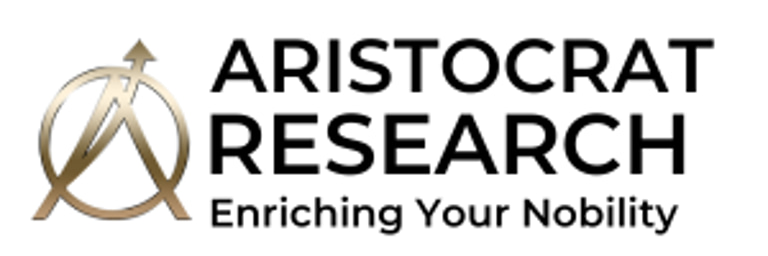The Role of Ethical Standards in Academic Publishing: What Authors Need to Know
Ethical standards are fundamental to the integrity and credibility of academic publishing. As an author, understanding and adhering to these standards is crucial for maintaining the trust of the academic community and ensuring the validity of your research. This detailed guide will explore the importance of ethical standards in academic publishing and provide practical tips for authors.
Understanding Ethical Standards in Academic Publishing
What are Ethical Standards?
Definition: Ethical standards are guidelines and principles that govern the conduct of researchers and the publication process to ensure integrity, honesty, and transparency.
Purpose: They aim to prevent misconduct, promote transparency, and maintain the credibility of the academic literature.


Importance of Ethical Standards
Integrity: Upholding ethical standards ensures the accuracy and reliability of research findings.
Trust: They build trust between researchers, publishers, and the public.
Reputation: Adherence to ethical standards enhances the reputation of authors and their institutions. To know more...
Honesty and Transparency
Follow Guidelines: Adhere to the journal's submission guidelines regarding formatting, length, and structure.
Proofread: Ensure your manuscript is free of grammatical errors and typos.
Check References: Verify that all references are accurate and properly formatted.
Originality and Plagiarism
Fairness and Objectivity
Original Work: Ensure that your research is original and has not been published elsewhere.
Avoid Plagiarism: Properly cite all sources and avoid copying text or ideas without attribution.
Peer Review: Participate in the peer review process objectively and fairly.
Impartiality: Avoid biases and ensure that your research is conducted and reported impartially.


Respect for Intellectual Property
Cite Sources: Acknowledge the contributions of other researchers by citing their work appropriately.
Seek Permissions: Obtain necessary permissions for using copyrighted materials.
Practical Tips for Maintaining Ethical Standards


Ethical Approval: Obtain ethical approval from relevant committees before conducting your research.
Informed Consent: Ensure that all participants provide informed consent if your research involves human subjects.
Data Management: Maintain accurate and complete records of your data and methodology.
Conducting Ethical Research
Writing and Publishing Ethically
Cite Properly: Use appropriate citation styles and give credit to all sources.
Avoid Self-Plagiarism: Do not reuse substantial parts of your own previously published work without proper citation.
Collaborate Transparently: Ensure that all co-authors have contributed significantly to the research and agree with the content of the manuscript.
Dealing with Misconduct
Report Misconduct: If you suspect misconduct, report it to the appropriate authorities.
Correct Mistakes: If you discover errors in your published work, take steps to correct them promptly. To know more...


Common Ethical Issues in Academic Publishing
Plagiarism
Definition: Plagiarism involves using someone else's work or ideas without proper attribution.
Prevention: Use plagiarism detection tools and adhere to proper citation practices.
Authorship Disputes
Criteria for Authorship: Ensure that all listed authors meet the criteria for authorship and have contributed significantly to the research.
Resolve Disputes: Address authorship disputes transparently and fairly.
Data Fabrication and Falsification
Definition: Fabrication involves making up data, while falsification involves manipulating data to achieve desired results.
Integrity: Always report your data truthfully and accurately.
Final Thoughts
Adhering to ethical standards is essential for maintaining the integrity and credibility of academic publishing. By understanding and following these principles, you can contribute to a trustworthy and respected academic community.
Call to Action
Need guidance on ethical standards in academic publishing? Our professional services can help you navigate ethical issues and ensure your research meets the highest standards.
Enquire now at [wa.me/+919894595035?text=authorspark](https://wa.me/+919894595035?text=authorspark) to get expert support. Visit [www.AristocratResearch.com](https://www.AristocratResearch.com) for more information.
By committing to ethical standards in your research and publication practices, you contribute to the integrity and trustworthiness of the academic community.
Key Ethical Principles for Authors
Conflict of Interest
Disclosure: Disclose any potential conflicts of interest, such as financial ties or personal relationships, that could influence your research.
Transparency: Be transparent about any factors that could affect the objectivity of your work. To know more...
Note: Client consultations are available by appointment on select days.
Please contact us to schedule your appointment.
--------------------
US Office:
Aristocrat Global HQ, TechIQ block, Delaware.
651 N Broad St, Middletown, DE 19709, United States
HQ :
Aristocrat Intelli-Tech (iT)
Aristocrat Research Centre For Innovation And Deep-Tech,
West Tech block,
TIDEL Tech Park, Chennai, India.
